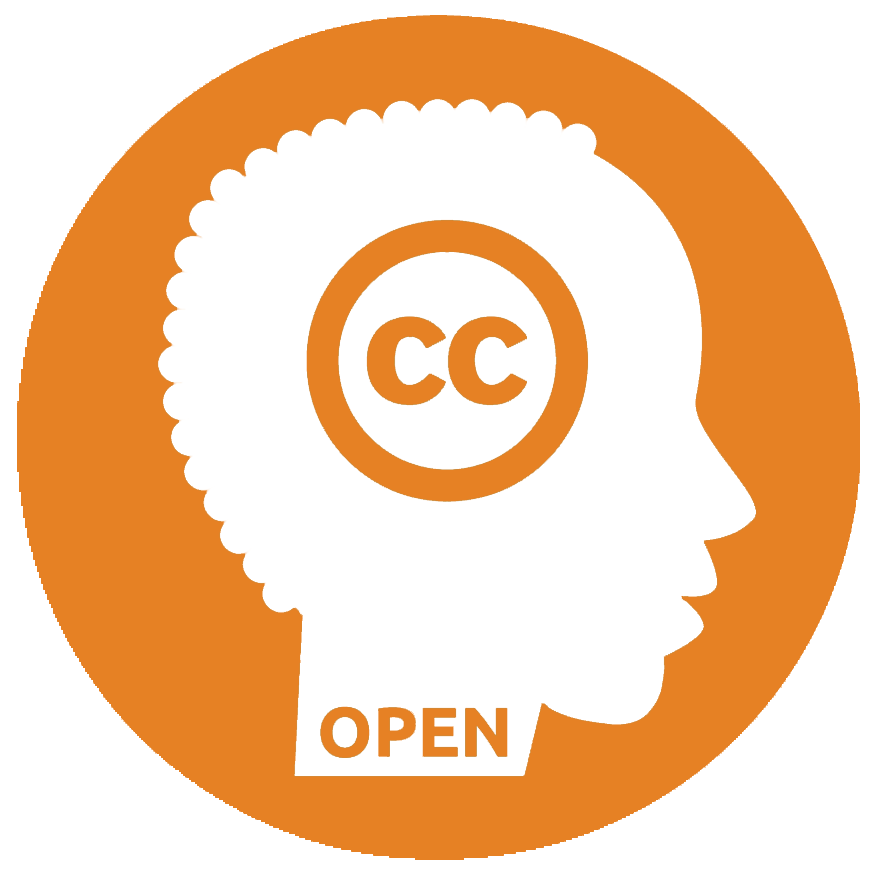Your search
Results 4 resources
-
This meta-analysis extended the current literature regarding the effects of computer technology (CT) on mathematics achievement, with a particular focus on low-performing students. A total of 45 independent effect sizes extracted from 31 empirical studies based on a total of 2,044 low-performing students in K-12 classrooms were included in this meta-analysis. Consistent with previous reviews, this study suggested a statistically significant and positive effect of CT ([Formula: see...
-
Substantial disagreement exists in the literature regarding which educational technology results in the highest cognitive gain for learners. In an attempt to resolve this dispute, we conducted a meta-analysis to decipher which teaching method, games and interactive simulations or traditional, truly dominates and under what circumstances. It was found that across people and situations, games and interactive simulations are more dominant for cognitive gain outcomes. However, consideration of...
-
The English Review Group completed an overarching systematic review of the impact of Information and Communication Technology (ICT) on literacy learning in English in 2002 (Andrews et al., 2002). In this review, a ‘map’ described all the included research in the field. An in-depth sub-review reported on the impact of networked ICT on literacy learning (Andrews et al., 2002). This present review is one of a further four in-depth sub-reviews that address aspects of the overarching question –...
-
How effective are computer-assisted instruction (CAI) programs in supporting beginning readers? This article reviews 42 studies published from 1990 onward, comprising a total of 75 experimental comparisons. The corrected overall effect size estimate was d = 0.19 (± 0.06). Effect sizes were found to depend on two study characteristics: the effect size at the time of pre-testing and the language of instruction (English or other). These two variables accounted for 61 percent of the variability...
Explore
Outcome measure
- Learning (4)
Instructional domain (subject)
- Literacy (2)
- Mathematics (1)
- Multiple (1)
Education Level and Type
- ECE 0-7 (3)
- High school 16-18 (2)
- Informal education (1)
- K-12 (2)
- Middle school (1)
- Primary 7-10
- Secondary 11-16 (3)
- Tertiary (1)
Groups of students
- At-risk (1)
- EAL (1)
- Low-performing (1)
- SEND (2)
Moderating variables
Tech Hardware
Tech Software
- Computer Algebra Systems (1)
- Computer-Assisted Instruction (CAI) (2)
- Game learning (1)
- General apps (1)
- Intelligent Tutoring (1)
- Simulations (1)
- Tutorials (1)
Tech mechanism
Learning Approach
- _No mention (2)
- Classroom learning (1)
Teacher Pedagogy
- Feedback (3)
- Game-based learning (2)
- Group learning (2)
- Scaffolding (2)
Research methods
Effect size/ heterogeneity
HIC/LMIC
- HIC (high income) (1)
- Mixture or unknown (3)
Quality of research
- High: 6+ (3)
- Medium: 4 or above (1)

